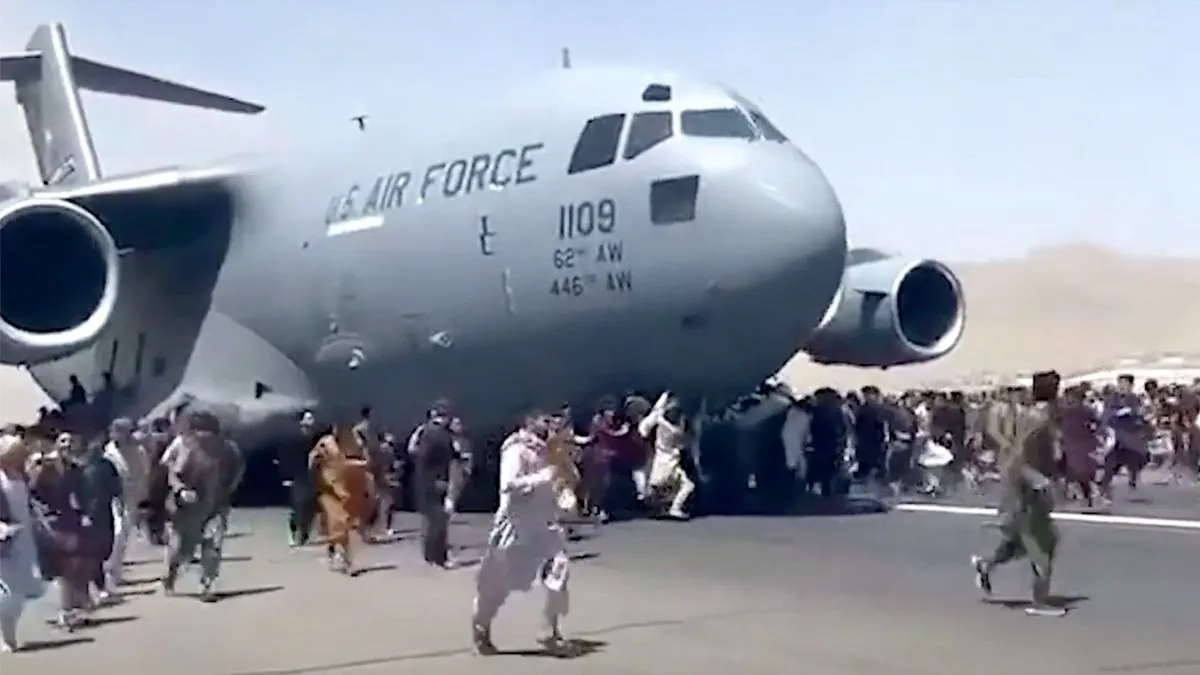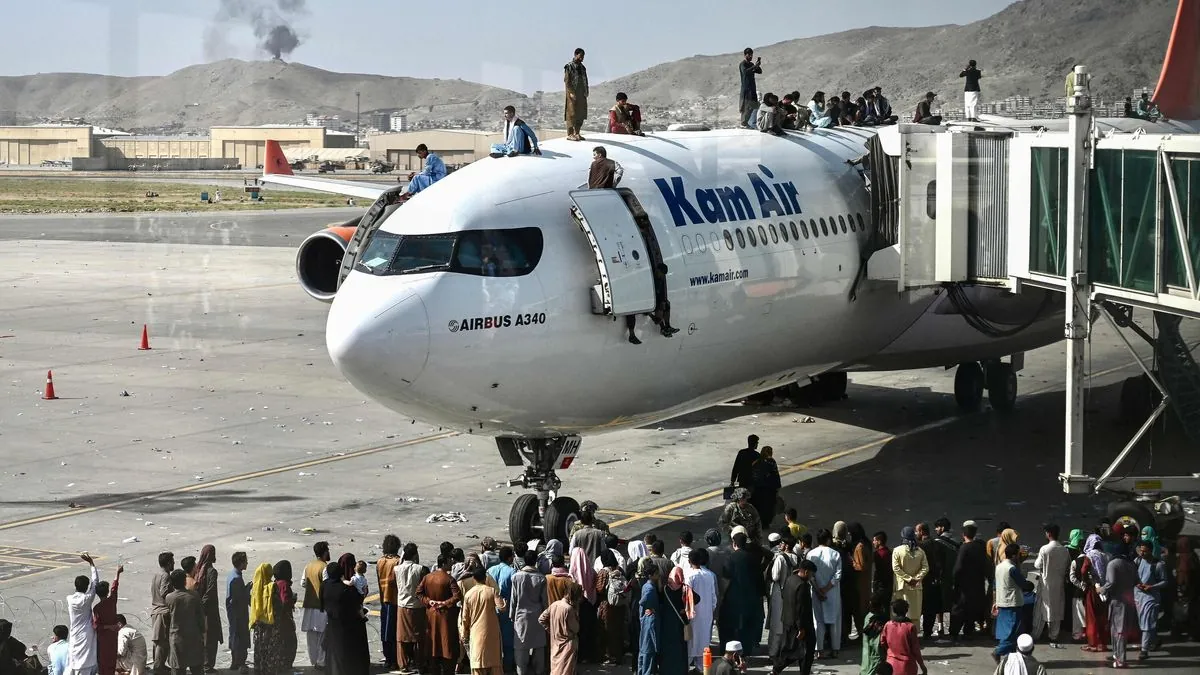House GOP Expands Afghanistan Withdrawal Probe, Seeks Military Testimony
Republicans intensify investigation into Biden administration's Afghanistan exit, targeting military officers for testimony. Democrats criticize the probe as partisan amid election-year politics.

The House Foreign Affairs Committee's Republican majority is broadening its inquiry into the Biden administration's withdrawal from Afghanistan, seeking testimony from senior military officers involved in the 2021 evacuation. This development comes as the United States approaches the third anniversary of the end of its longest war, which spanned two decades and cost over $2 trillion.
Christopher Donahue, Peter Vasely, and Farrell Sullivan, all high-ranking officers who oversaw U.S. forces during the evacuation, are among those targeted for additional testimony. The committee is also intensifying efforts to speak with key administration figures, including Secretary of State Antony Blinken and National Security Adviser Jake Sullivan.
This expanded investigation coincides with the upcoming debate between Vice President Kamala Harris and former President Donald Trump, scheduled for September 10, 2024. The timing has raised questions about the political motivations behind the probe's expansion.

The Afghanistan withdrawal, which occurred in August 2021, remains a contentious issue in American politics. The operation, known as Operation Allies Refuge, resulted in the evacuation of over 120,000 people in just a few weeks. However, it was marred by a tragic suicide bombing at Kabul Airport on August 26, 2021, which claimed the lives of 13 U.S. service members and an estimated 170 Afghans.
Republicans have seized on this event to criticize the Biden-Harris administration, while Democrats argue that the investigation fails to consider the role of the Trump administration in setting the conditions for the withdrawal. The US-Taliban agreement, known as the Doha Agreement, was signed on February 29, 2020, during Trump's presidency.
"Ultimately, [Republicans] decided to take a partisan approach to this, and weaponize the investigation, and make it just about a one-month period of an over-20-year war."
Democrats emphasize the need to contextualize the withdrawal within the broader scope of the 20-year conflict, which resulted in over 2,400 U.S. military deaths and tens of thousands of Afghan civilian casualties. They argue that ending the war was a complex process with no easy solutions.
The investigation's expansion has also sparked internal debates within the Republican party. The resignation of Jerry Dunleavy, a conservative journalist retained by the GOP to work on the investigation, highlights the tensions surrounding the probe's direction and scope.
As the investigation continues, it remains to be seen how its findings will impact the upcoming election and the ongoing debate about America's role in Afghanistan. The Afghanistan War Commission, a bipartisan examination of the entire conflict, is expected to release its findings by August 2026, potentially providing a more comprehensive analysis of the war's legacy.


































